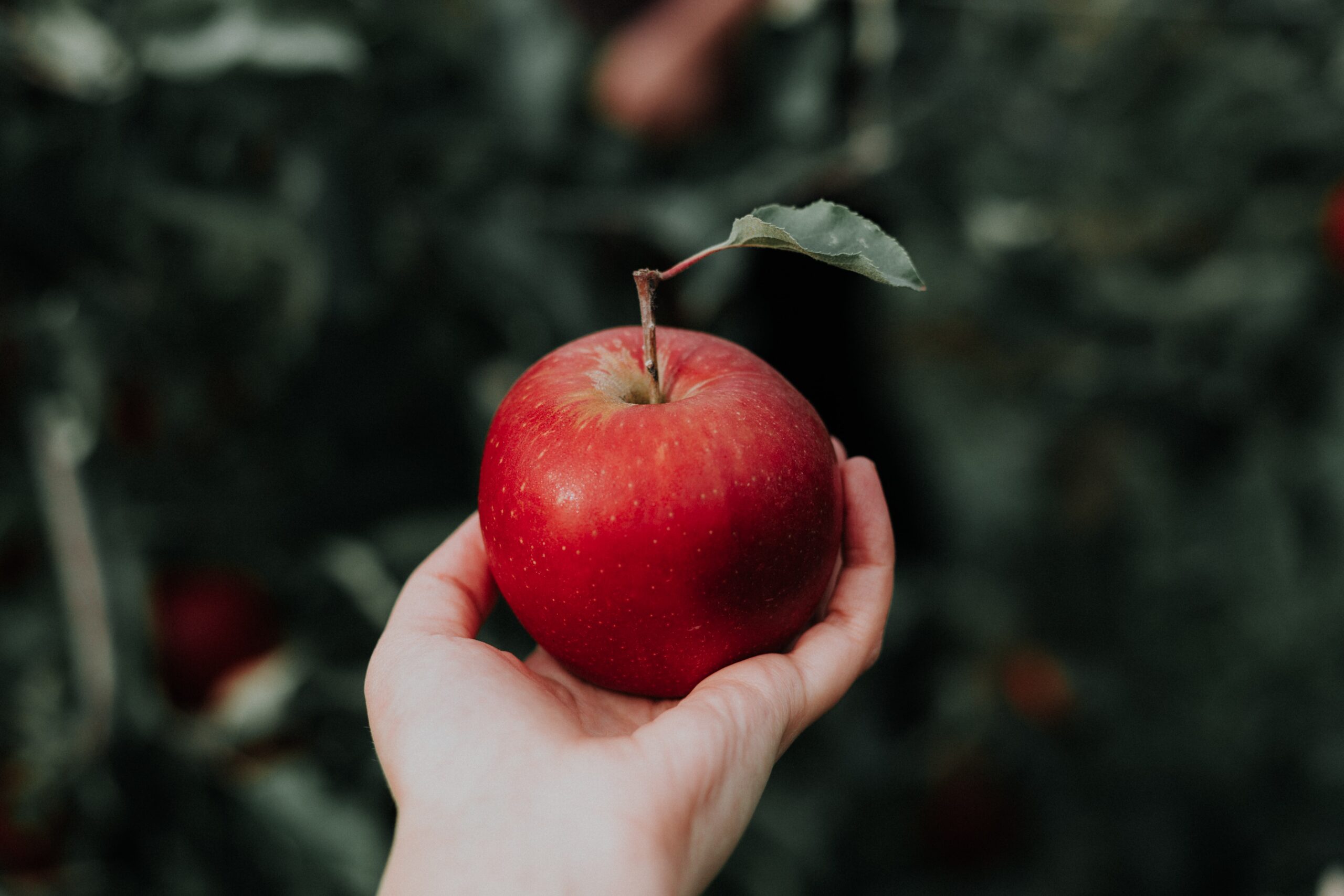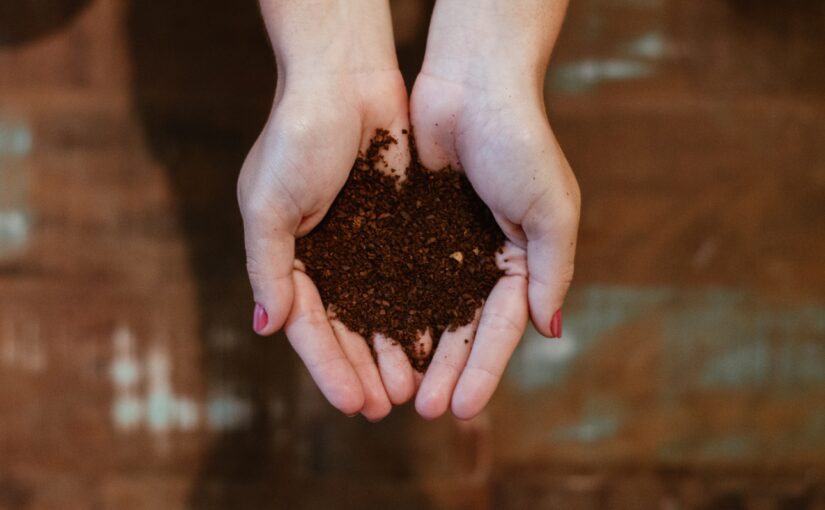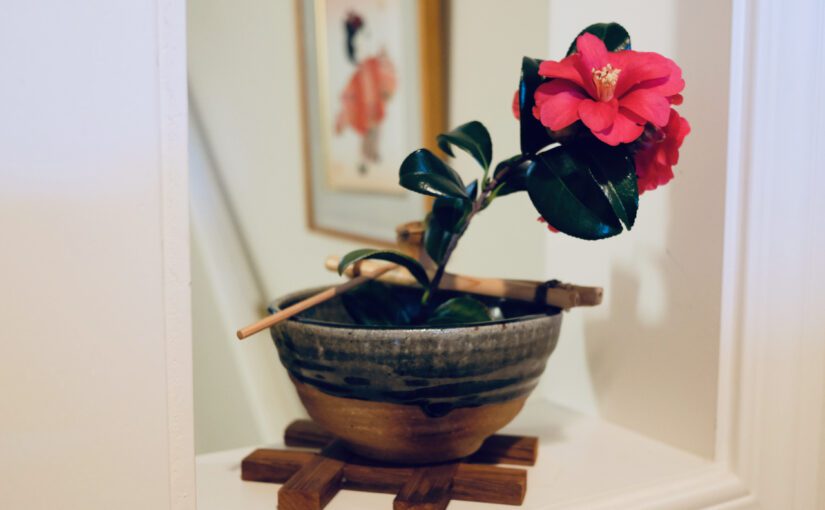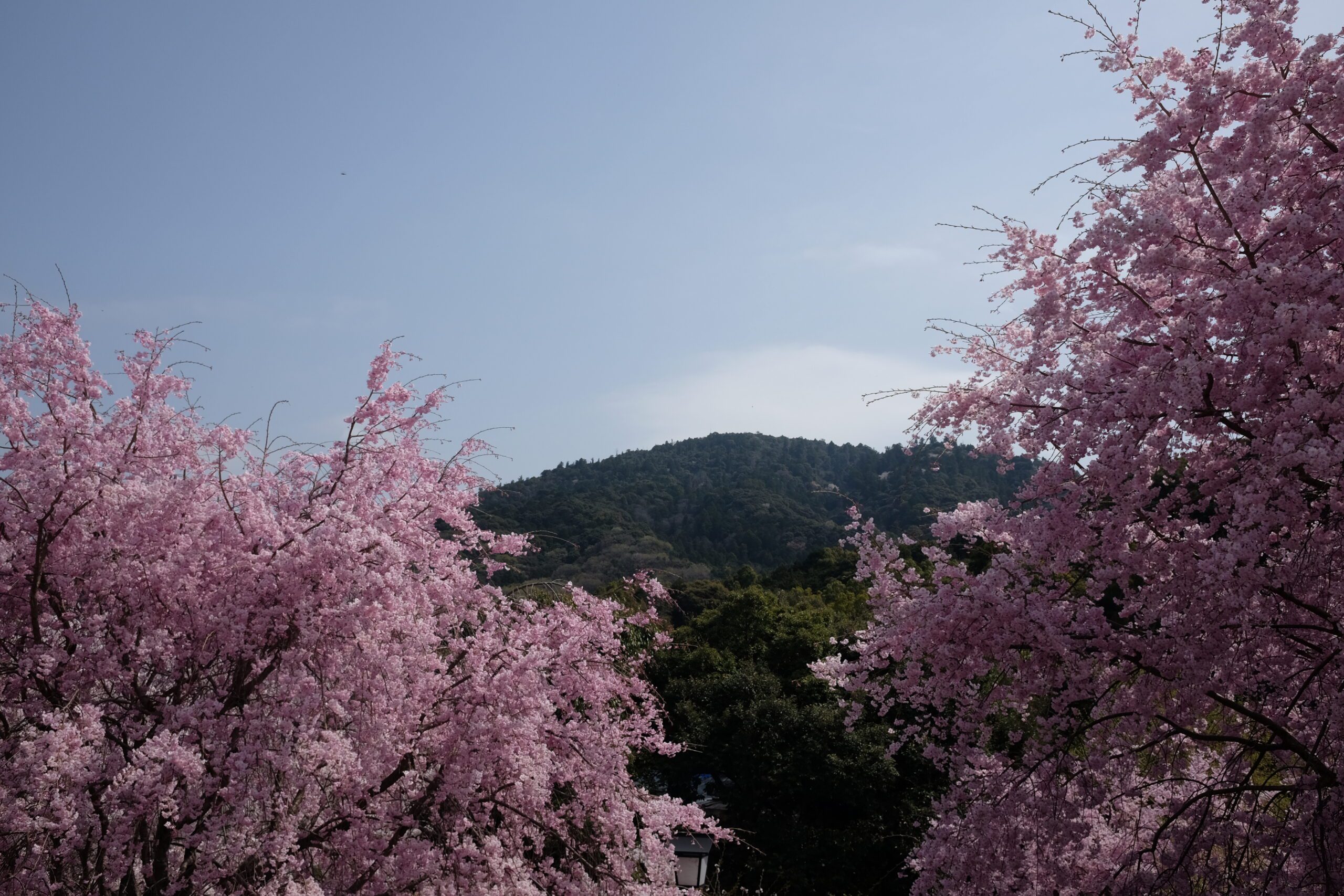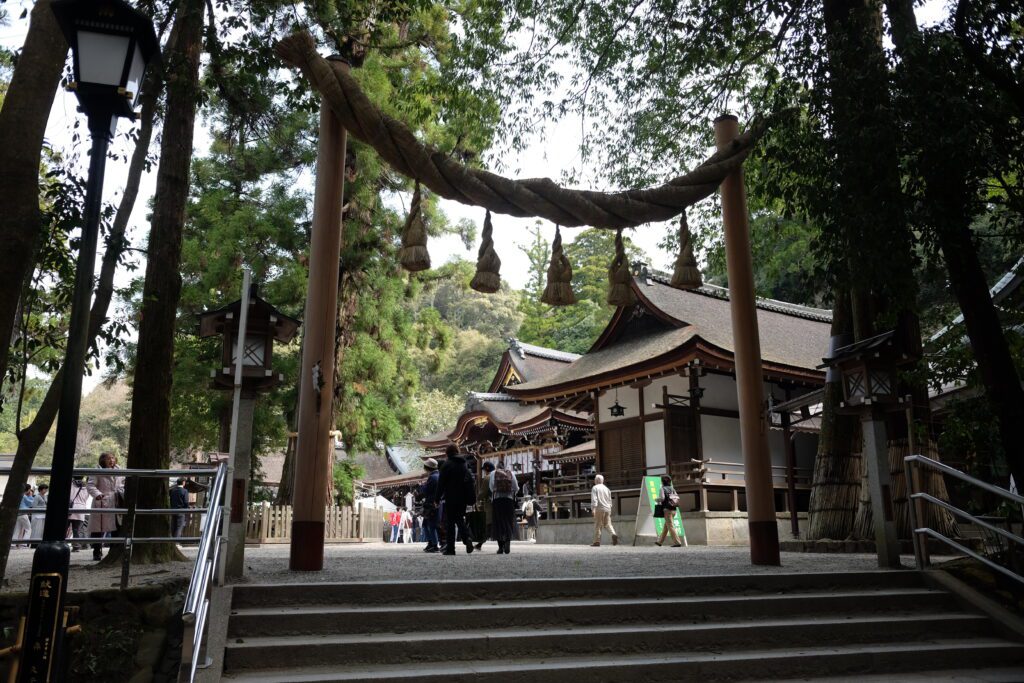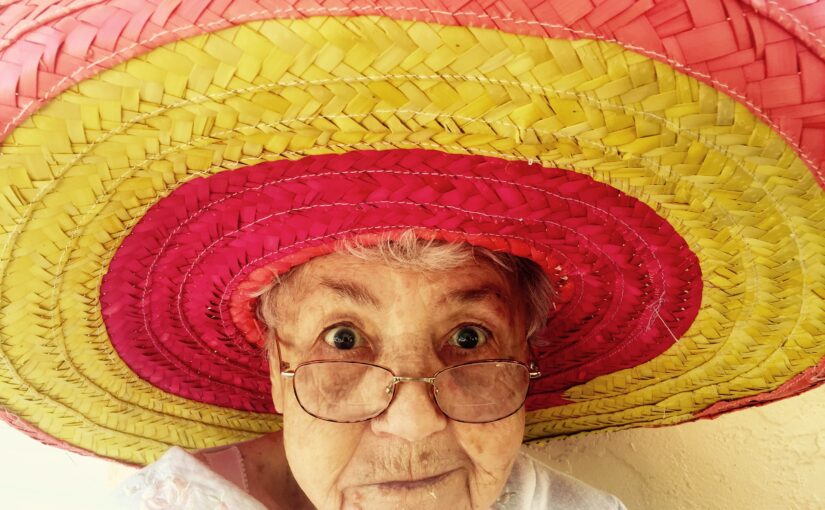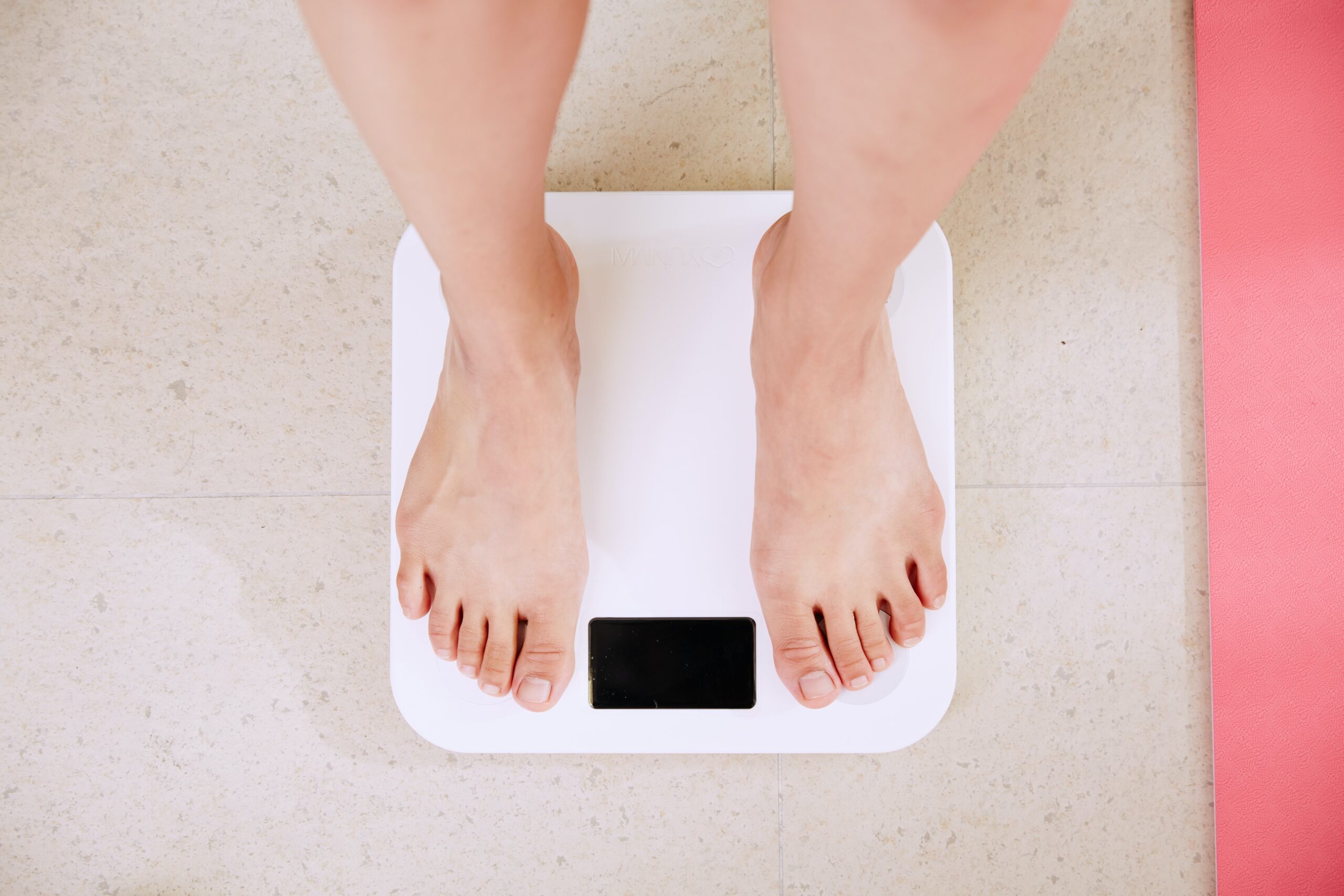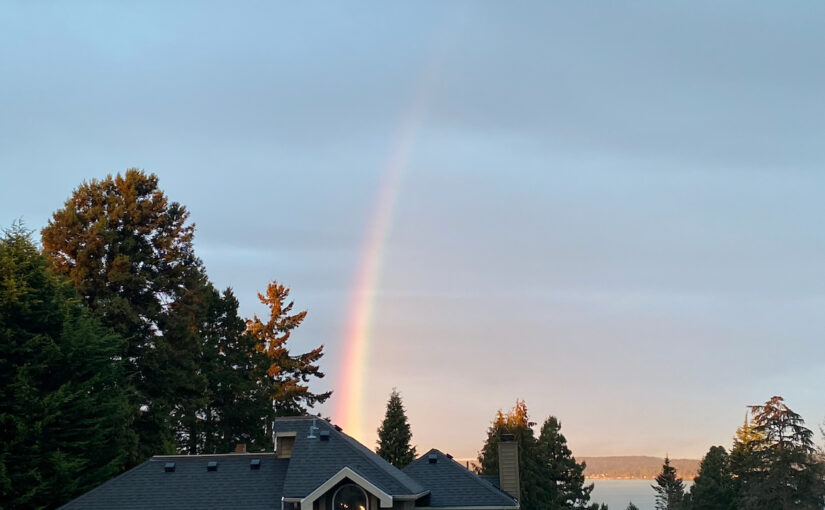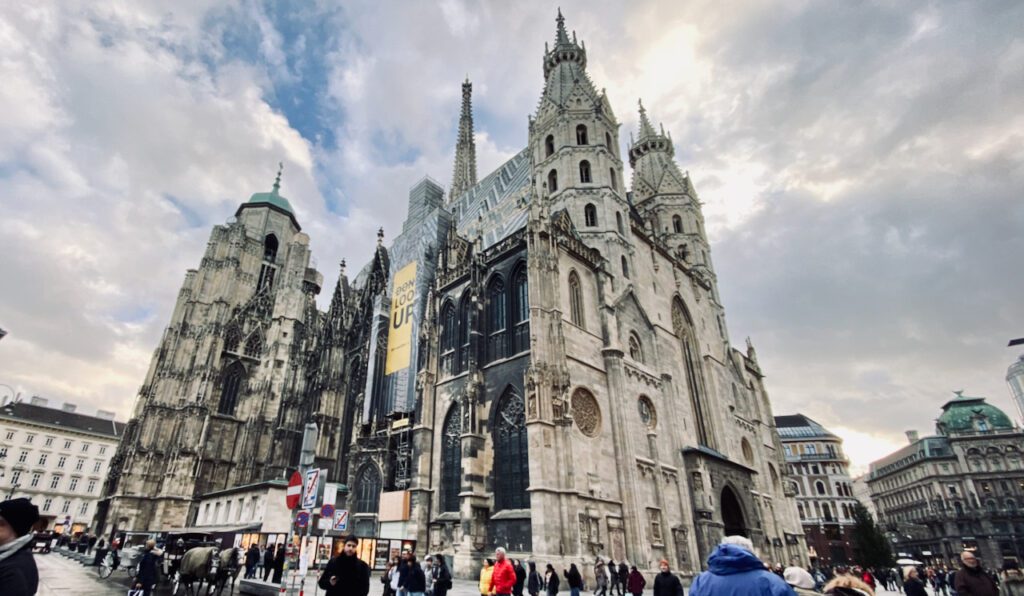In response to Dancing Elephants prompt 23 of 52
Photo by Priscilla Du Preez on Unsplash
Fruits! I grew up with lots of fruits all year round!
Bright red strawberries in the spring were sour and I used to sprinkle sugar. Nowadays, most strawberries are so sweet that no sugar is needed. I guess the process of selective breeding has advanced so much in the last half a century.
Summer started with seedless grapes. Delaware cultivar was the most common. Did you know that people in Japan don’t eat the skin of grapes? And watermelons – my favorite! I could eat watermelons for breakfast, lunch, and dinner.
Late summer to fall was fig season, although I didn’t care for it much… My tongue just doesn’t accept that texture. Persimmons followed figs. Our Pomeranian dog liked persimmons better than anyone else in our family. She could not stay still while my mother was pealing the skin.
Then apples and oranges in winter. My hands would turn orange by peeling the skins of so many oranges.
In our family, it was not my mother but my father who brought fruits home. Only four of us were in our family, my father, my mother, my younger brother, and me. But my father would always buy fruits in a whole box from the wholesaler. In a box, at least three dozen of apples were neatly lined up and stacked. We tried to eat them all before they went bad, or simply gave some away to neighbors.
When my father was not at home, I asked my mother why he was so wasteful. Granted that wholesale price was better than retail, but if he bought only as much as we could consume comfortably, we would appreciate the taste much better rather than shoveling in.
Then my mother started.
“When your younger brother was born, your father didn’t look excited but rather worried. I asked him what was the matter, why he didn’t look as happy as when you were born.”
“Your father was afraid that now he has two children, those children would have to share one apple half. You know, your father had eight siblings. He never had an opportunity to eat the whole apple, but only one-eighth. Before your brother was born you used to have the whole apple. Your father was afraid he could only give you half from now on.”
My father was 6 years old when World War II ended. He grew up poor, not having enough even to eat.
Fortunately, my father could afford to buy a whole apple each for me and for my brother. And more. Maybe his urge to buy a whole box of fruits was a defensive reaction to his childhood trauma.
After my mother told me this story, I stopped criticizing my father as being wasteful. I simply thanked him for getting us abundant fruits.
